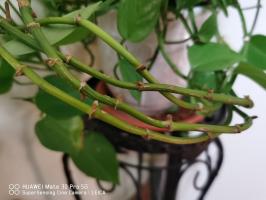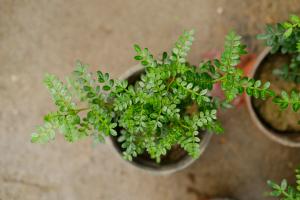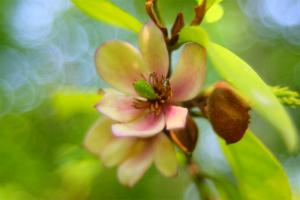How to Fertilize Potted Plants
Potted plants require regular fertilization to provide them with the necessary nutrients and minerals for proper growth and development. Fertilizing your plants is important to keep them healthy and vibrant. Overfertilization, however, can be detrimental to your plants. Here are some tips on how to fertilize your potted plants properly.
Choose the Right Fertilizer
Choosing the right fertilizer is important for the growth and health of your potted plants. Different plants require different nutrients and minerals, so you should choose a fertilizer that matches the needs of your plants. You can find fertilizers that are specifically designed for certain types of plants, such as vegetables, flowers, or herbs. Alternatively, you can opt for an all-purpose fertilizer that contains a balanced mix of nutrients for various types of plants.
Know When to Fertilize
The timing of fertilization is crucial to the health of your potted plants. Fertilize your plants in the spring or summer when they are actively growing. Avoid fertilizing in the fall and winter when growth tends to slow down. Overfertilization during the dormant season can cause root burn and damage to the plant.
Measure the Amount of Fertilizer
Too much fertilizer can damage your potted plants. Always measure the fertilizer before application to prevent overfertilization. Follow the instructions on the package carefully to ensure that you are applying the correct amount. As a general rule, use half the amount of fertilizer recommended on the package. You can always increase the amount in small increments over time.
Apply the Fertilizer Properly
The method of application is important in preventing root burn and damage to the plant. Apply the fertilizer to moist soil to prevent the roots from burning. Always water your plants before and after application of the fertilizer. You can apply the fertilizer directly to the soil or use a small amount of fertilizer to mix with water for easy application.
Monitor Your Plants
Regular monitoring of your plants is important to determine the effectiveness of your fertilizer. Observe the growth of your potted plants and watch for any signs of overfertilization or lack of nutrients. If the leaves start to turn yellow, the plant may need more nutrients. On the other hand, if the leaves start to curl, the plant may be getting too much fertilizer.
Conclusion
Fertilizing your potted plants is an essential part of plant care. By choosing the right fertilizer, knowing when to fertilize, measuring the amount of fertilizer, applying it properly, and monitoring your plants, you can keep your plants healthy and vibrant. Remember that overfertilization can be harmful to your plants, so use fertilizer cautiously and as directed.

 how many times do yo...
how many times do yo... how many planted tre...
how many planted tre... how many pine trees ...
how many pine trees ... how many pecan trees...
how many pecan trees... how many plants comp...
how many plants comp... how many plants can ...
how many plants can ... how many plants and ...
how many plants and ... how many pepper plan...
how many pepper plan...





























